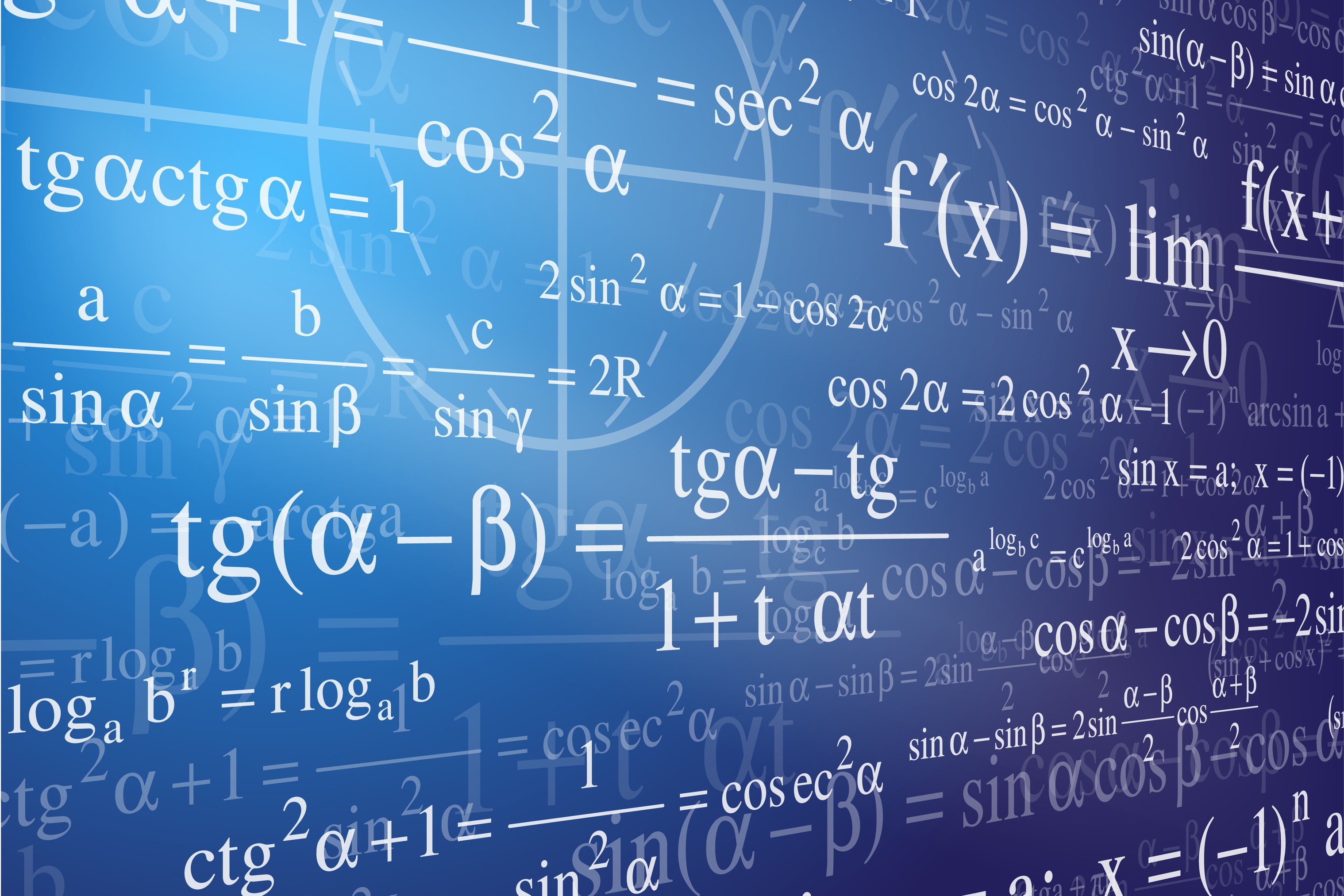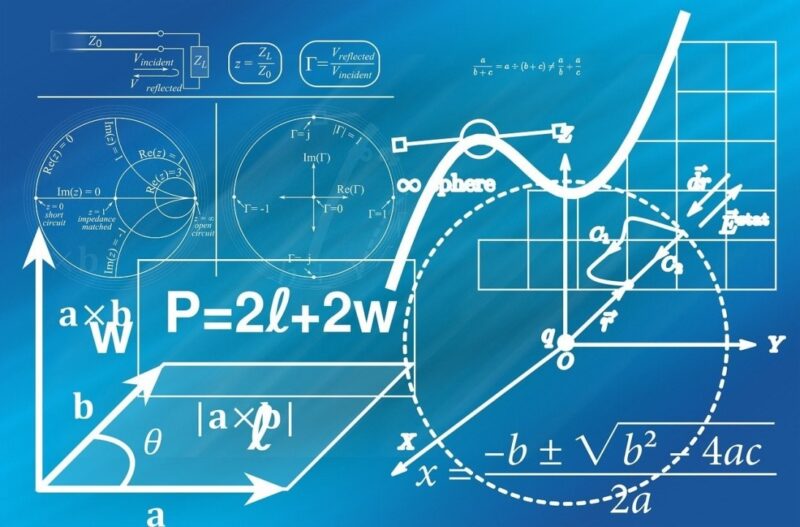Mastering mathematical analysis is a challenging task that requires dedication, perseverance, and practice. The importance of practice in this field cannot be overstated, as it plays a crucial role in helping students develop a deep understanding of complex mathematical concepts.
By regularly practicing problem-solving techniques and applying theoretical knowledge to real-world scenarios, individuals can enhance their analytical skills and build confidence in their ability to tackle even the most difficult mathematical problems. In this article, we will explore the three key reasons why practice is essential for mastering mathematical analysis and achieving success in this demanding discipline.
1. Building Strong Foundations: The Role of Practice in Mastering Mathematical Analysis

Building a strong foundation in mathematical analysis is essential for mastering this complex subject. Practice plays a crucial role in developing the skills and understanding necessary to excel in this field.
By consistently working through problems, students can build their problem-solving abilities and mathematical intuition. Through practice, individuals can become more comfortable with the concepts and techniques involved in mathematical analysis, leading to greater proficiency and accuracy in their work.
Ultimately, practice is the key to unlocking the full potential of mathematical analysis and achieving success in this challenging discipline.
2. Enhancing Problem-Solving Skills: How Practice Improves Mathematical Analysis Proficiency

As students progress through their mathematical analysis studies, they often face complex problems that require a combination of critical thinking and analytical skills to solve. By consistently practicing problem-solving techniques, students can enhance their mathematical proficiency and develop a deeper understanding of various concepts.
Through practice, individuals can sharpen their ability to approach problems from different angles, consider multiple solutions, and make connections between different mathematical principles. This consistent practice not only improves problem-solving skills but also boosts students confidence in tackling challenging mathematical problems with ease.
Ultimately, the key to mastering mathematical analysis lies in consistent practice and dedication to honing problem-solving skills.
3. Fostering Confidence and Mastery: The Benefits of Regular Practice in Mathematical Analysis

Regular practice in mathematical analysis not only enhances skills but also fosters confidence and mastery in the subject. By consistently working through complex problems and engaging with different mathematical concepts, individuals can build a deeper understanding of the material.
This continuous engagement allows for the development of problem-solving strategies and mathematical intuition, ultimately leading to a greater sense of confidence when tackling challenging problems. Through dedicated practice, students can improve their mathematical abilities and feel more comfortable navigating the complexities of mathematical analysis.
The benefits of regular practice extend beyond just skill-building, providing individuals with the tools and knowledge needed to excel in the field of mathematics.
Conclusion
In conclusion, mastering mathematical analysis requires dedication to practice in order to develop a deep understanding of the concepts and techniques involved. Regular practice not only helps in improving problem-solving skills but also enhances critical thinking abilities.
Verification of limits using the definition is an essential skill that can be perfected through consistent practice. By regularly engaging with mathematical analysis exercises, students can build confidence, fluency, and proficiency in navigating complex mathematical problems.
Ultimately, practice serves as the cornerstone for achieving mastery in mathematical analysis and unlocking its full potential in various academic and professional pursuits.


